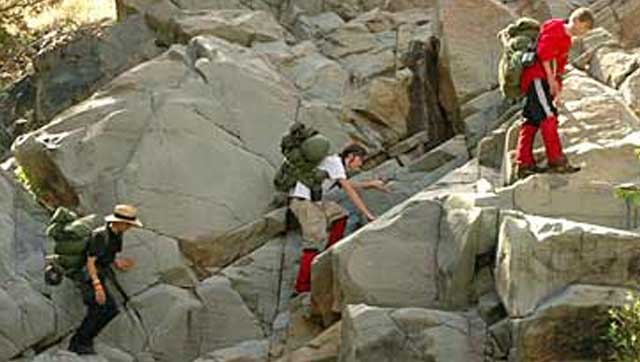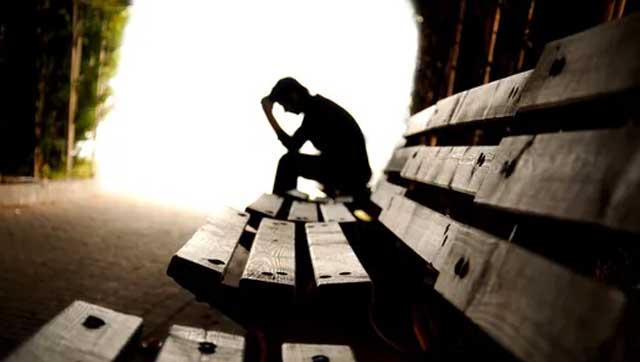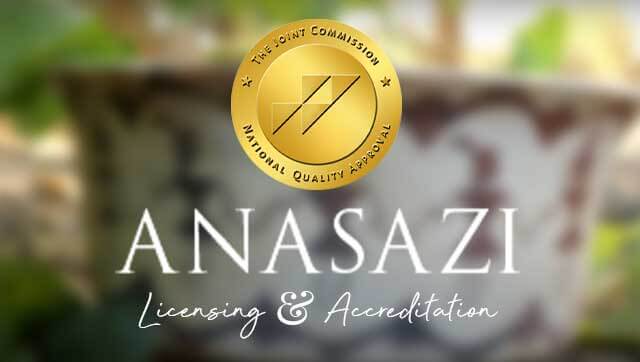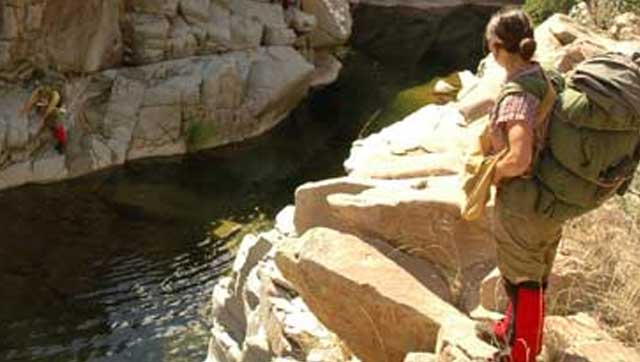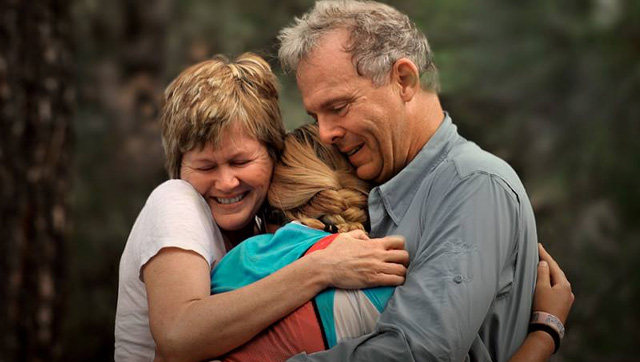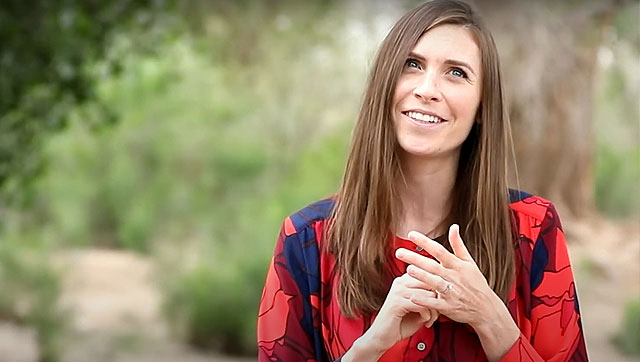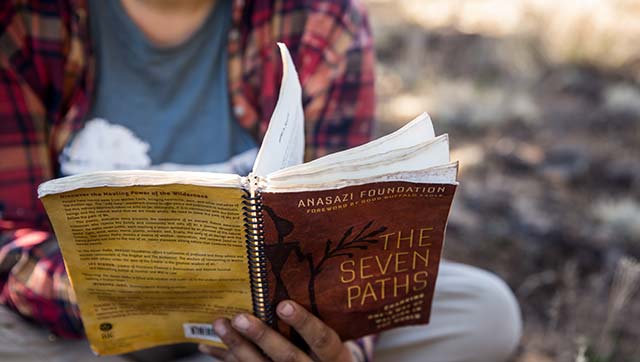Student Profile
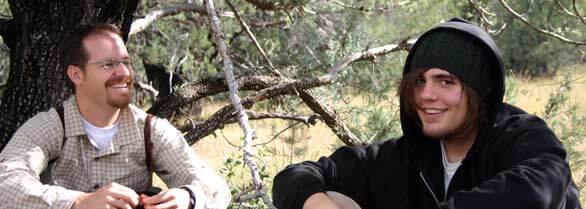
Anasazi accepts adolescents 12-17 years of age who are physically and emotionally able to handle the rigors of the trail and whose parents are willing to participate in their child’s walking.
The Anasazi Foundation outdoor behavioral healthcare program is most effective with adolescents with mild to moderate mood disorders, behavioral problems, attachment disorders, and/or adjustment difficulties. These would include:
- Depression/anxiety
- Oppositional behaviors
- Poor self-image/low self-esteem
- Substance abuse
- Internet, gaming, or technology disorder/addiction
- Learning difficulties/school struggles
- Relational problems with family
- Victims of trauma/abuse
- Bipolar disorder
- Law enforcement and/or peer conflict
Self-harming behaviors (eating problems, cutting, etc.) - Poor social skills
- Immaturity
- Lack of motivation/direction in life
- Entitlement orientations
- Other similar problems related to a lack of self-regulation and moral identity
Adolescents with more severe problems in the areas listed above can also benefit from the Anasazi program as an integral part of a more long-term, comprehensive treatment plan that may include subsequent intensive outpatient or residential treatment in addition to an outdoor therapeutic experience. The “trail” experience often serves as a great initial phase of treatment for youth who may come from more troubled backgrounds/environments or with more intense/longer-lasting problems.
Anasazi is not designed to address more serious psychological problems such as psychotic disorders, conduct disorders where violence and serious criminal/gang involvement are major concerns, severe personality disorders, severe posttraumatic stress, severe substance addiction/dependence, and other physical or psychological disorders that would make it impossible to fully participate in an outdoor-based program that can be physically and emotionally challenging.
Family Involvement
Youth whose families are willing to play an active role in the treatment and who acknowledge the need for developing new and more productive ways of interacting and dealing with conflict is much more likely to achieve the desired treatment outcomes.








